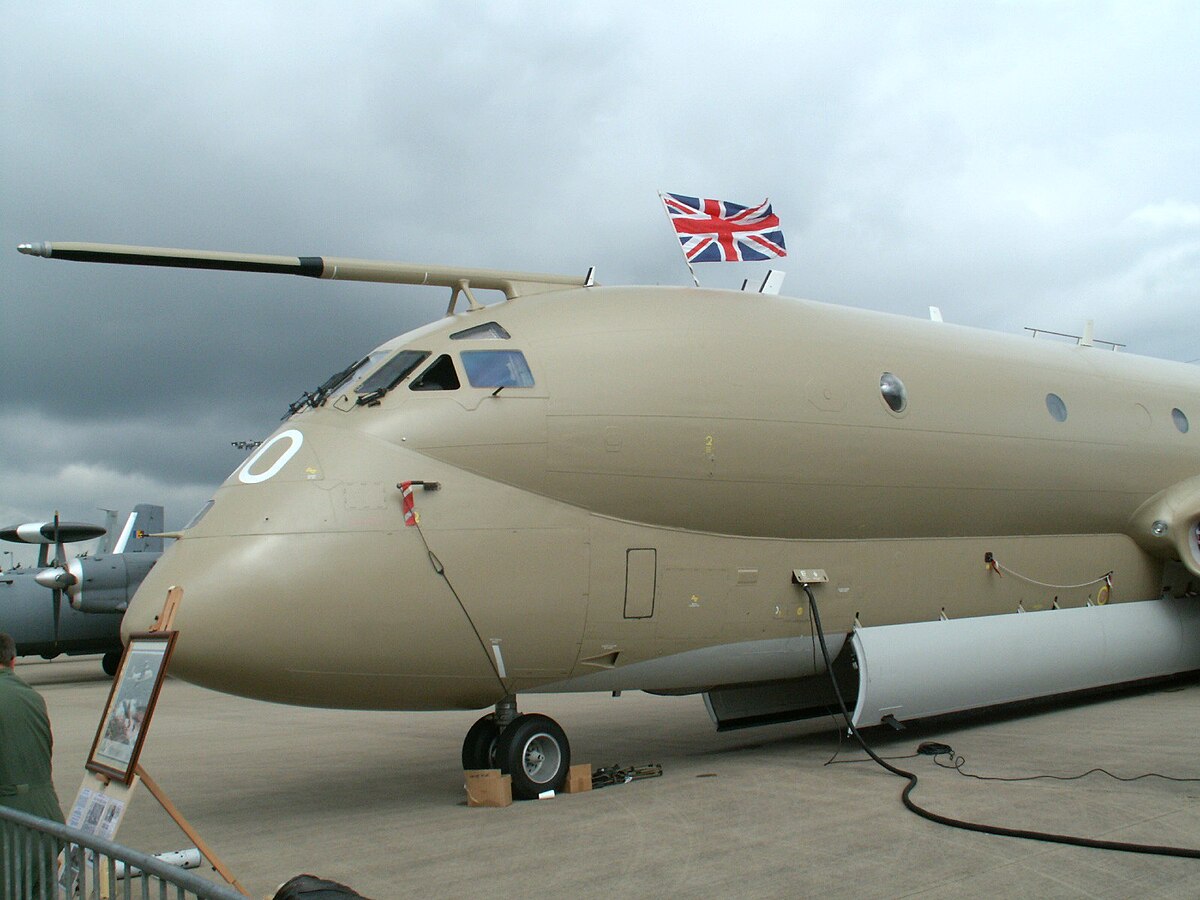- Joined
- 27 September 2006
- Messages
- 6,418
- Reaction score
- 6,827
This month's 40th anniversary of the Falklands/Malvinas war does not happen because for some reason or another Argentina does not invade.
The most noticable change would have been in the Royal Navy.
HMS Invincible would have been sold, becoming HMAS Australia. HMS Hermes would have followed in short order to India.
Illustrious and Ark Royal are retained, but only one is in service at any time.
NATO hard argued and secured the retention of Fearless and Intrepid and the five Sir class of the Amphibious Warfare squadron. But the arrival of the new ASW carriers coincided with manpower shortages, so further cuts were likely.
Two T42 and two T21 were not lost. Three batch 2 T22 were not built. The T22 batch 3 and the new T23 would have had no or only 76mm guns (like the Kortnaer/F122 class).
Phalanx CIWS systems probably not ordered.
The Harrier and Sea Harrier would not have seen combat until after the Cold War ended
Vulcan would have left the RAF in 1982 without firing a shot in anger.
The British Armed Forces would not have received the boost in public esteem that 1982 brought.
The most noticable change would have been in the Royal Navy.
HMS Invincible would have been sold, becoming HMAS Australia. HMS Hermes would have followed in short order to India.
Illustrious and Ark Royal are retained, but only one is in service at any time.
NATO hard argued and secured the retention of Fearless and Intrepid and the five Sir class of the Amphibious Warfare squadron. But the arrival of the new ASW carriers coincided with manpower shortages, so further cuts were likely.
Two T42 and two T21 were not lost. Three batch 2 T22 were not built. The T22 batch 3 and the new T23 would have had no or only 76mm guns (like the Kortnaer/F122 class).
Phalanx CIWS systems probably not ordered.
The Harrier and Sea Harrier would not have seen combat until after the Cold War ended
Vulcan would have left the RAF in 1982 without firing a shot in anger.
The British Armed Forces would not have received the boost in public esteem that 1982 brought.


